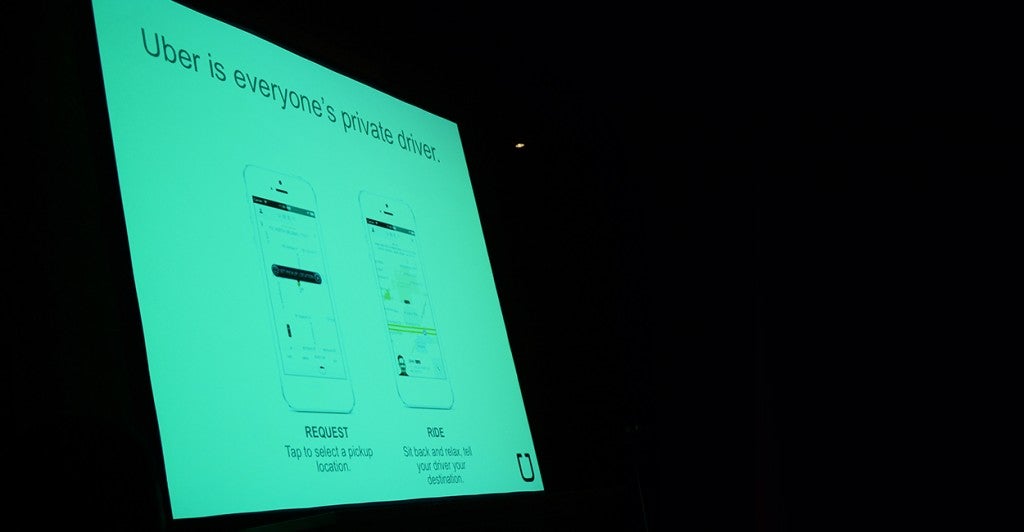Officials in Cambridge, Mass., are going to war with ride-on-demand services in the name of protecting the public.
The new rules being considered by the Cambridge Licensing Commission would prohibit users from requesting a ride-on-demand service from anything other than a taxi company and would set a limit of $50 as the minimum price for any non-taxi car ride, regardless of actual cost or distance.
A third rule being considered would prohibit “any technological device from being part of fare calculation during a ride.”
>>> Virginia DMV Attempts to Shutter Ridesharing Companies Uber, Lyft
For those who aren’t familiar with how ride-on-demand services like Uber and Lyft work, any individual can use a smartphone app to request a ride, and the app directs the nearest available driver to your location. The app also tracks the length of the trip in distance and time, calculates the cost and automatically transfers the fee from the user’s credit card (already entered into the app at the beginning of the process) to the driver’s account.
In a blog post, Uber said the new regulations were “specifically designed” to target their business model.
“For a city known for its innovation and progressiveness, it is shocking that Cambridge would cling so blindly to the past and ban an innovation that thousands of its residents and small businesses value and use on a daily basis,” read part of Uber’s statement.
>>> Seattle’s Rideshare Caps Will Squash Innovators Such as Uber
Uber also took to social media — capitalizing on the fact many of its customers are young professionals — to call out the Cambridge city government and asked people to voice their opposition to the new regulations.
It seems to have worked, for now.
The Cambridge Licensing Commission postponed a planned vote on the new regulations and is now engaged in a dialogue with the companies it was trying to put out of business.
>>> All I Want for Christmas Is an On-Demand Uber Ride
Taxi companies and their cronies in state and local governments can try to fight Uber and Lyft, like Virginia did a few weeks ago, but the ride-on-demand product appears here to stay.
And with a recent valuation claiming Uber was worth more than $17 billion, the start-ups will probably have reason to fight.
